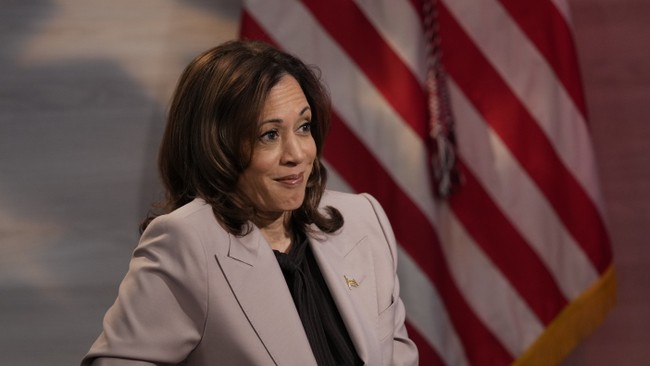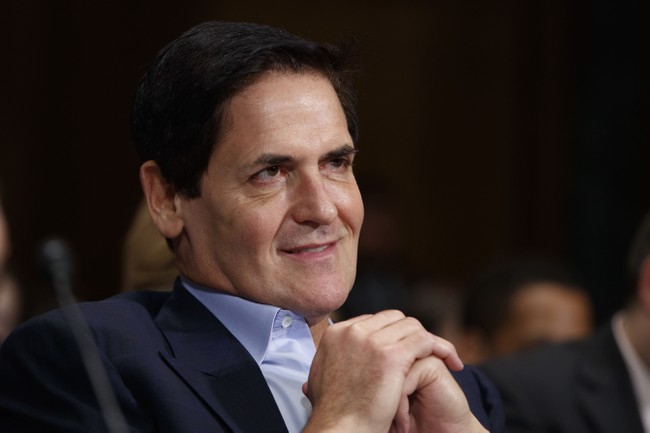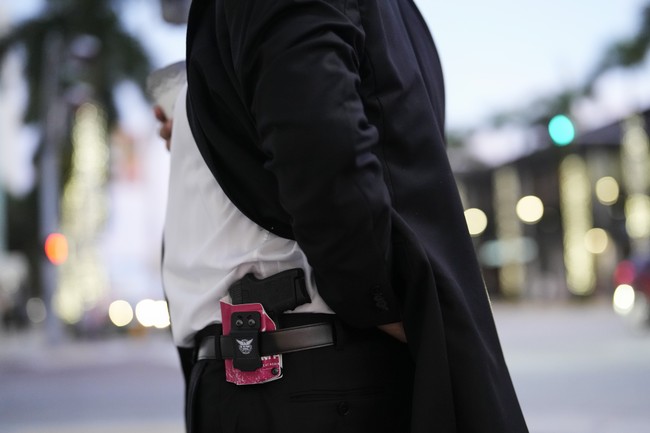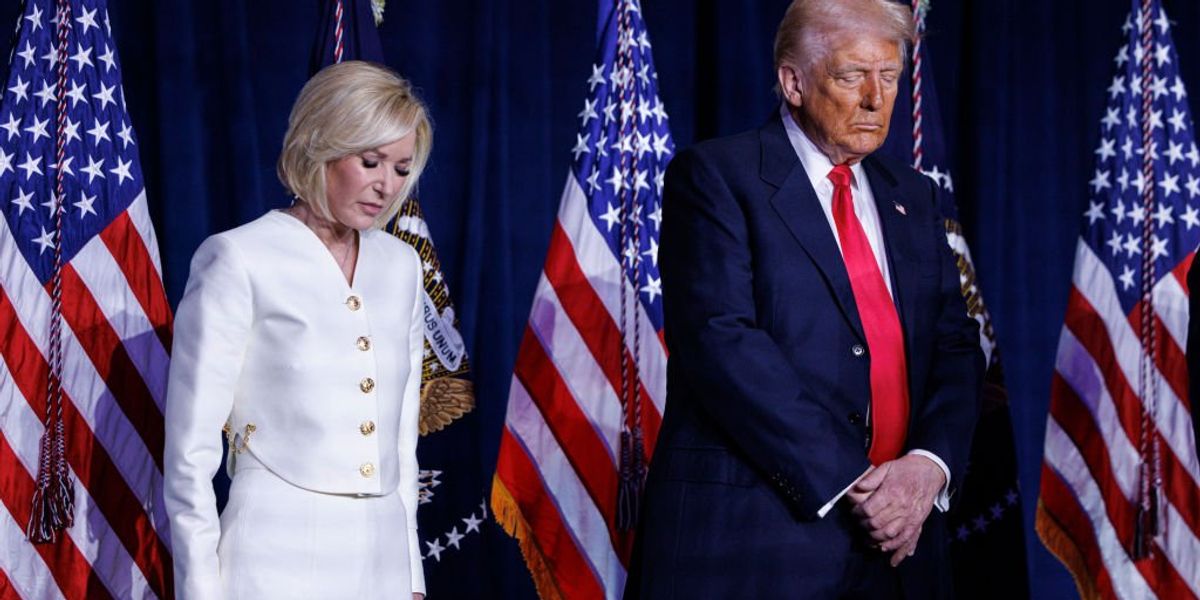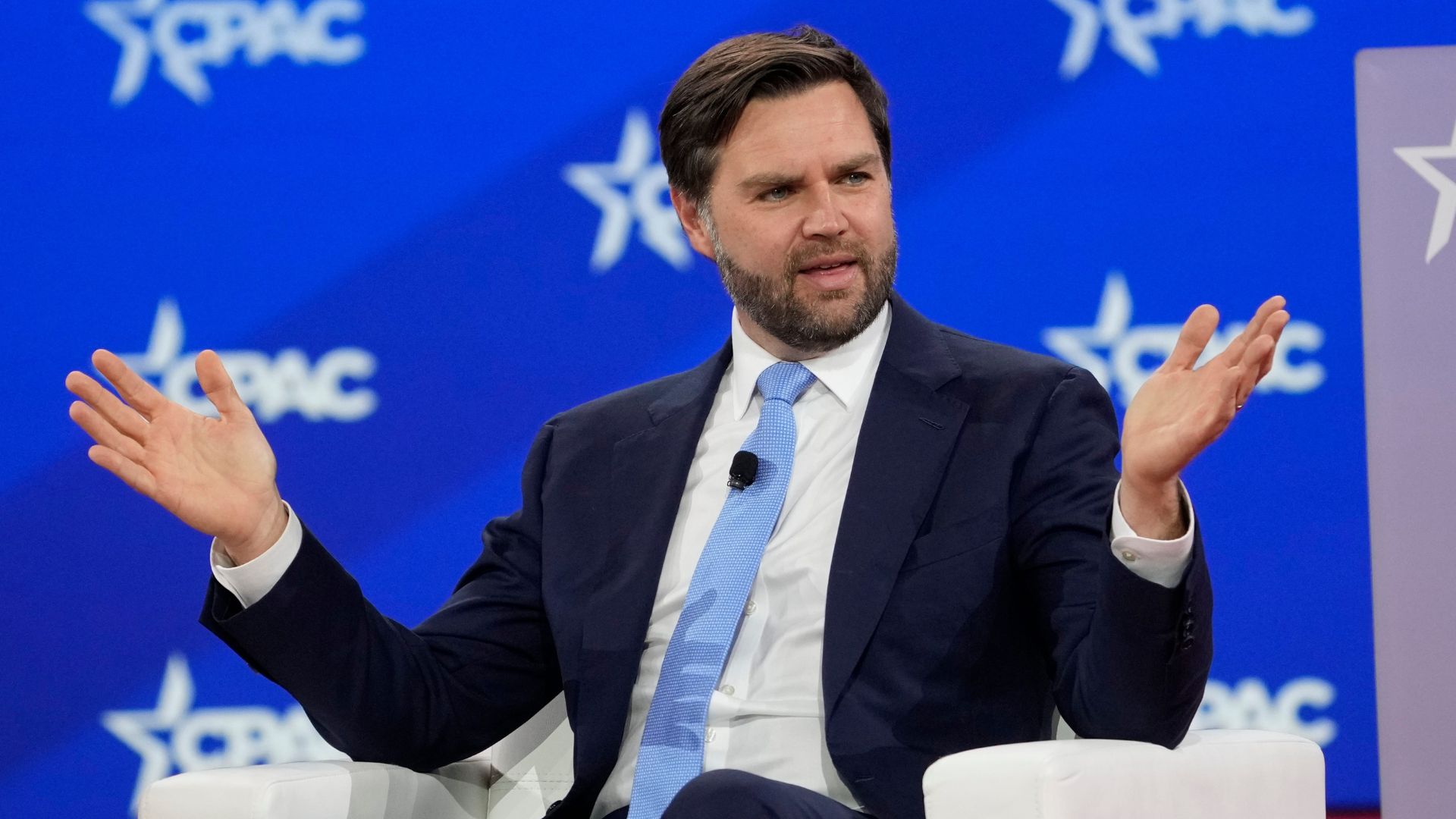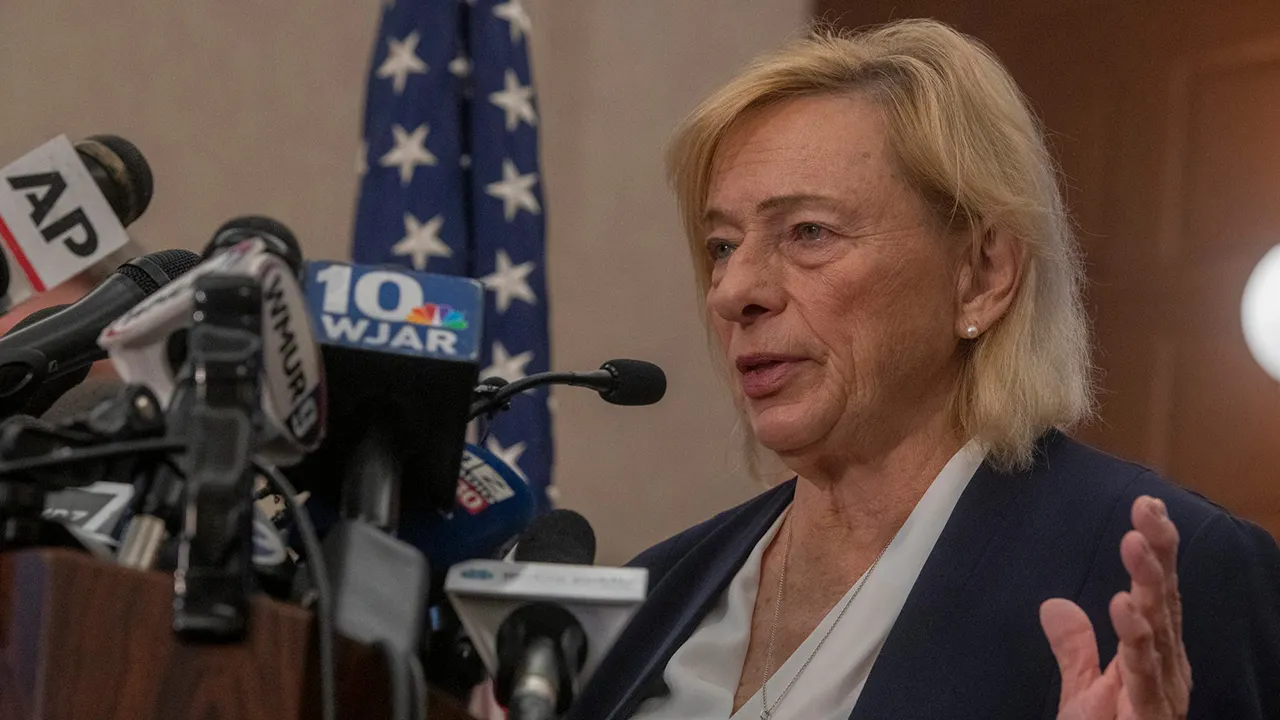Independent left-wing journalist Ken Klipperstein published a 271-page dossier of materials on Trump-running mate JD Vance on Thursday that the Iranian government allegedly hacked from the Trump campaign, Klipperstein announced on his Substack.
Klipperstein published the materials, which he called the “JD Vance Dossier,” over a month after the FBI and two other intelligence agencies revealed reports that the Iranian government was conducting “activities to compromise former President Trump’s campaign.”
The agencies followed up those reports in September, alleging that “Iranian malicious cyber actors” sent stolen material from the Trump campaign to people then tied to President Biden’s campaign in June and July.
Various news agencies received these materials from the alleged hackers but, as Klipperstein writes, chose not to publish the dossier “in fear of finding itself at odds with the government’s campaign against ‘foreign malign influence.’”
Klipperstein, however, published the documents after an alleged hacker using an AOL email address and the moniker “Robert” offered them to him. “I’ve decided to publish it because it’s of keen public interest in an election season,” Klipperstein wrote.
News outlets like Politico, the Washington Post and the New York Times all reported receiving similar material, with the first two claiming the received it from a “Robert” using an AOL email. Each outlet chose not to publish the material.
“The questions surrounding the origins of the documents and how they came to our attention were more newsworthy than the material that was in those documents.” a Politico spokesperson told CNN.
Some Democrats, however, took exception to the outlets’ caution.
“It’s honestly astounding to see journalists gloating that they have access to a trove of internal emails from the Trump campaign, have verified their authenticity, but are refusing to release them with no good explanation — after doing so in past elections without remorse,” Democratic strategist Matt McDermott tweeted.
It’s honestly astounding to see journalists gloating that they have access to a trove of internal emails from the Trump campaign, have verified their authenticity, but are refusing to release them with no good explanation — after doing so in past elections without remorse.
— Matt McDermott (@mattmfm) September 21, 2024
“A reminder that Hillary’s hacked emails were a centerpiece of the 2016 election, when she lost to Trump,” left-wing activist Amy Siskind wrote. “And 8 years later, when Trump campaign emails are hacked, the same media decides collectively not to publish them. This favoritism is no better than the Supreme Court’s …” she concluded.
A reminder that Hillary’s hacked emails were a centerpiece of the 2016 election, when she lost to Trump.
And 8 years later, when Trump campaign emails are hacked, the same media decides collectively not to publish them.
This favoritism is no better than the Supreme Court’s…
— Amy Siskind 🏳️🌈 (@Amy_Siskind) September 24, 2024
Popular pollster Nate Silver pointed out that “the handling of Trump hacked documents is extremely inconsistent with the handling of the Clinton hacked documents in 2016.”
One case where the world’s most annoying media critics Actually Have A Good Point for Once is that the handling of Trump hacked documents is extremely inconsistent with the handling of the Clinton hacked documents in 2016.
— Nate Silver (@NateSilver538) September 23, 2024
While the left scorns the media for their reticence, others have said there are some key differences in the cases that make the comparisons somewhat moot.
In 2016, the media only started reporting on Clinton’s emails after they had been hacked and published by WikiLeaks, making them publicly available, as Alex Griswold from the Foundation for Individual Rights and Expression (FIRE) pointed out.
“The difference is WikiLeaks. The Clinton hacked docs were public docs that social media was buzzing about it and it would have arguably been unethical to ignore. NYT didn’t cover the actual contents until, iirc, eight days after the leak?” Griswold wrote.
The difference is WikiLeaks. The Clinton hacked docs were public docs that social media was buzzing about it and it would have arguably been unethical to ignore.
NYT didn’t cover the actual contents until, iirc, eight days after the leak?
— Alex Griswold (@HashtagGriswold) September 23, 2024
The “Vance Dossier,” on the other hand, was non-public, though it is based entirely on public information, according to Politico.
The dossier, which was allegedly composed by the Trump campaign, contains a compilation of public information which the campaign may have viewed as potential liabilities for Vance as they vetted him for VP.
Clinton’s emails, meanwhile, revealed a treasure trove of information. The leaks revealed that she reportedly accepted millions of dollars from big banks for speeches. (RELATED: WikiLeaks Releases More Than 8,000 New Emails From The DNC)
They also shined a light on her apparent collaboration with the Democratic National Committee to thwart her primary opponent Bernie Sanders’ campaign and the fact that CNN contributor Donna Brazile appeared to share questions with Clinton prior to a CNN town hall.
Though the alleged hacker “Robert” indicated to multiple organizations that he had more internal communications from the Trump campaign, the actual information sent to news organizations appears to be limited to internal research on potential VP candidates like Vance and Florida Sen. Marco Rubio.
“Journalists are *not* sitting on a trove of emails from the Trump campaign. We’re sitting on three oppo files vetting three Trump VP candidates and no outlet has deemed them newsworthy enough to be worth participating in an Iran influence campaign over,” NBC News reporter Kevin Collier wrote.
Journalists are *not* sitting on a trove of emails from the Trump campaign. We’re sitting on three oppo files vetting three Trump VP candidates and no outlet has deemed them newsworthy enough to be worth participating in an Iran influence campaign over. (1/2)… https://t.co/f1ANJTraDn
— Kevin Collier (@kevincollier) September 21, 2024
The Trump campaign said the hacks came as a result of Iran’s fear of a potential Trump presidency.
“Make no mistake, the terror regime in Iran loves the weakness of Kamala Harris, and is terrified of the strength and resolve of President Trump. He will let nothing stop him or get in his way to fight for the American people and to Make America Great Again,” Trump Campaign Communications Director Steven Cheung said in a Tuesday statement.
A few hours after Klipperstein published the dossier, Twitter suspended his account, his news organization KlipNews announced.
Ken Klippenstein has been banned by Twitter for publishing private information in contradiction of its rules.
— KlipNews (@klipnewsorg) September 26, 2024
Read the full article here



